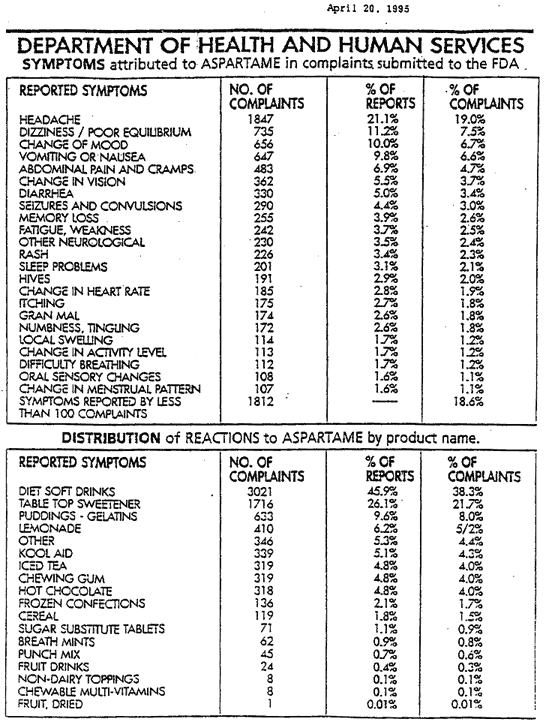
Eleven percent of pregnant women will suffer some degree of Postpartum Depression (PPD), according to the American Pregnancy Association. Statistics show that over half of new mothers experience some type of mood disorder. Typically, the baby blues, characterized by low energy, sadness or irritability, last for only short periods of time. PPD, however, lasts longer and causes more intense symptoms, even to the point of Postpartum Psychosis.
Postpartum Psychosis
Massachusett’s General Hospital Center for Women’s Mental Health says, “It may be useful to conceptualize these disorders as existing along a continuum, where postpartum blues is the mildest and postpartum psychosis the most severe form of postpartum psychiatric illness.”
Only 1 to 2 out of 1000 mothers will experience Post Partum Psychosis. Usually beginning within the first few days following childbirth, symptoms are severe. UNC School of Medicine says, “Often mothers who develop postpartum psychosis are having a severe episode of a mood disorder, usually bipolar (manic-depression) disorder with psychotic features.” Those experiencing Post Partum Psychosis often suffer delusions and suicidal or homicidal thoughts.
Postpartum Depression Symptoms
While not as severe, Postpartum Depression usually occurs within the first month after childbirth. Symptoms include emotional extremes, feelings of inadequacy, intense sadness, or worthlessness; a change from interest in activities to lack of interest; a change in appetite or sleeping patterns (beyond the change due to nighttime feedings); the inability to concentrate; unwarranted worry about the baby; even thoughts of suicide. Postpartum Depression is marked by a lack of energy, both physical and mental.
Postpartum Anxiety
Postpartum Anxiety Symptoms frequently accompany Postpartum Depression. Feelings of dread and doom overwhelm and dominate the emotional spectrum. According to UNC School of Medicine, Postpartum Anxiety symptoms include “panic attacks, hyperventilation, repeated thoughts or images of frightening things happening to the baby, excessive worry and restless sleep.” there is no energy for physical activity but seemingly endless and agitated mental energy for worrying and imagining worst-case scenarios.
Postpartum Depression Treatment
Postpartum Depression Treatment includes a combination of talk therapy and medication. A physician may prescribe anti-depressants, anti-anxiety or anti-psychotic medications. Hormone therapy may be indicated. Breast-feeding mothers will want to consult with their doctor about the medications most apt to ensure the health of both the mother and the baby.
Postpartum Support
According to Katherine Stone in “Postpartum Depression by the Numbers,” more women suffer from Postpartum Depression than are diagnosed with breast cancer each year, yet fewer people know about PPD. Talking with other mothers who suffer in a PPD support group or one-on-one with a professional can reduce stress, helping the mother access ongoing support and develop coping skills.
Postpartum Exercise
Postpartum Exercise can also reduce stress. University of Michigan Health System says to exercise according to your physical shape in the days after childbirth. Any combination of exercise—walking, stretching or weight lifting, for example—for 30 minutes a day contributes not only to physical health but to mental health as well. MayoClinic.com says, “Your body will even release endorphins, natural painkillers that promote an increased sense of well-being.”